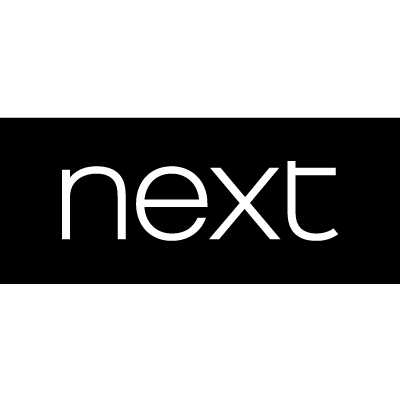Efficient Information Management at Next using harmon.ie


Industry
Hospitality & Retail
Location
United Kingdom
Company Size
48K employees
Customer Background
Founded in 1982, NEXT is a British-based retail chain focusing on fashion and home, with more than 500 stores in the United Kingdom and another 200 in 40 countries around the globe, employing more than 50,000 people full- and part-time. It also runs its own sourcing operation and catalog sales platform. The company is valued at £4.1 billion and its U.K. and Ireland stores alone represent more than 7.6 million square feet of managed real estate.
The Challenge
NEXT runs a worldwide enterprise that requires the company to manage not only its online presence, but more than 700 physical stores. These properties are under leases that run for decades, and all legal documents related to these rental agreements must be stored and accessible for the duration of each lease – which might be as long as 50 years.
Additionally, NEXT is a business whose workers had typically managed their project documents and files individually within Exchange. This created silos of information that were difficult for others within the company to access, hampering the company's ability to assemble the complete background data for a project when it was needed.
“The problem had not gone unnoticed,” expressed an operations manager for NEXT.
"The director of property came in about a year before me and was flabbergasted by the way things were done," recalled the manager. "And so he's been driving the change, trying to make people communicate on the right platform and get SharePoint to the business."
That was a challenge, in part because the IT department at NEXT was extremely aware of security issues and leery of change. Having information stored in multiple silos presented another distinct legal risk, because a crucial document pertaining to a lease might be on an individual computer or email account, making it unavailable if the worker was on holiday or sick leave, or no longer with the company. The company had implemented SharePoint on-premises but saw only limited adoption, so physical files were kept in storage or in filing cabinets at the office – where they literally threatened to take over.
"We had physically begun to run out of space in our office," noted a site manager.
Another issue came from the variety of documents that needed to be put into SharePoint – from Word and Excel files to emails, photos, and electronic drawings. NEXT also needed the flexibility of mobile access – much of the work that needed to go into SharePoint was being done by project managers on-site at properties.
Three years ago, on the recommendation of tech consultancy Crimson, NEXT moved to SharePoint on-premises with harmon.ie.
The Solution and the harmon.ie Experience
Once NEXT's employees were trained on harmon.ie, the capabilities that SharePoint on-premises offered to NEXT's situation came into sharp focus, to the extent that the operations manager found himself using it and saying, "I didn’t realize you could do that."
harmon.ie is being used within NEXT's Legal, Property, and Maintenance Departments and has helped all three manage products and reports in a more efficient and effective manner.
The result of all this, observed the operations manager, is efficient property management, wider adoption of SharePoint and better management of critical documents.
"SharePoint is now our repository for all our data," he said. "If you can't access the information, what good is it?"
The Future
By using harmon.ie, NEXT has been able to facilitate its transition to a digital enterprise. Not only has it enabled efficient property management and increased adoption of SharePoint by showing employees the functionality that the application makes available to them, it is enabling more efficient operations through mobile access.
And it's helped slay the paper dragon of printed records that was threatening to literally overtake NEXT's entire office space.
"Everybody is changing everywhere," noted the site manager. "It's such a huge change not to use paper."
Bring Everything Together in SharePoint, Microsoft Teams, and OneDrive
Unify your content – emails, documents, and conversations – drag and drop Outlook emails and attachments into SharePoint, Teams, and OneDrive.
